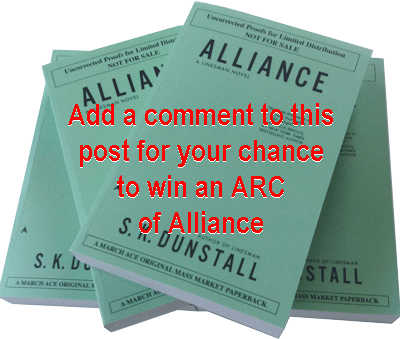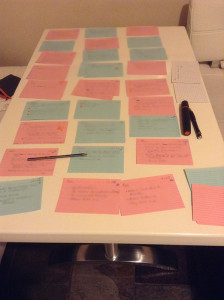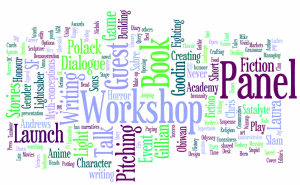 There’s a part in the new Star Wars movie (The Force Awakens) where the good guys are approaching the death star at close to light speed to avoid detection.
There’s a part in the new Star Wars movie (The Force Awakens) where the good guys are approaching the death star at close to light speed to avoid detection.
Just for a minute I flipped out of the movie, because in one second light can travel around the Earth seven and a half times. I had visions of the ship going round and round the planet in a loop, trying to slow down (undetected, of course), because you can’t stop in a second, no matter how hard you try. Not to mention, when the ship hits something (like trees or rocks), it’s going to hit hard.
The ship comes to a stop (just before a cliff) and I remembered that this is a Star Wars movie, and settled back to enjoy myself again.
Everyone has their own limits as to where they will suspend disbelief in science fiction. But when you hit that limit it can jolt you out of the story. Sometimes you can get back in, sometimes it ruins the story for you.
Take our novel, LINESMAN, in which humans discovered an alien spaceship five hundred years before the story starts. The ship has ‘lines’, bands of energy that allow the ship to jump into the void and come out somewhere else in the galaxy. Humans learned how to clone the lines, and have placed them on every human ship, giving them faster than light (FTL) travel.
Ship lines are maintained by ‘linesmen’, humans who have a special ability to sense the lines and can repair them.
No-one objects to the FTL component. Nowadays most readers of science fiction accept that to get anywhere in a reasonable amount of time we’ll need some form of hyperspace or warp drive. They don’t even object to some of our rather fast transfer times between shuttles and ships in space.
No, the sticking point for some people is that if it takes such specialist skills just to repair the lines, how is it possible that humans can build factories to clone them? We’ve had someone who couldn’t finish the story because they just couldn’t buy the way the lines were cloned.
Luckily for us, how the lines are reproduced isn’t an issue for most people.
It’s interesting how often what we deem less important facts take the reader out of the story, while the major story plot lines, no matter how improbable, don’t.



